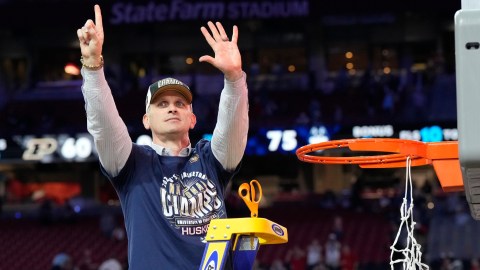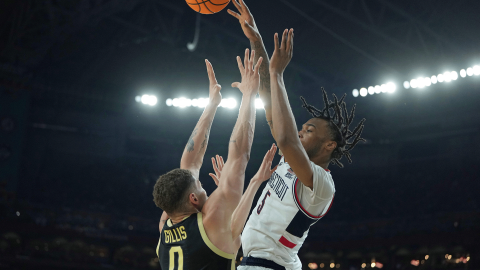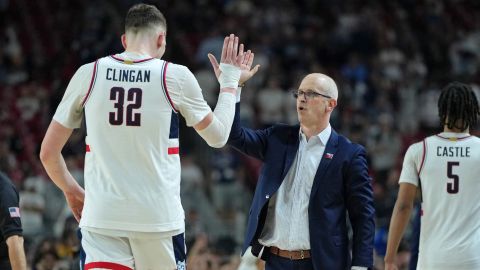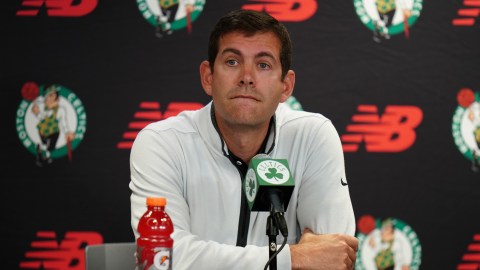‘Sports Performance’ Major Concept Calls for Student-Athletes to Pursue Studies in Sports
 Professor emeritus of educational psychology at Florida State University David Pargman lays out an intriguing argument to the concept of intercollegiate athletics, and particularly those students referred to as “student-athletes.”
Professor emeritus of educational psychology at Florida State University David Pargman lays out an intriguing argument to the concept of intercollegiate athletics, and particularly those students referred to as “student-athletes.”
Young men and women, who one day dream of playing sports professionally, choose a school to further their athletic endeavors, with the ultimate goal not being to graduate with a specific major degree. As Pargman argues, as an institution of higher education, shouldn’t these young people be allowed to pursue a degree in their chosen field?
“Higher education, for better or worse, purports to be a pathway to a vocational future,” he writes. “Why is this not so with regard to professional sports?”
In his article, which was written for the Chronicle of Higher Education, Pargman continues on with the concept of a “sports performance” major for those who are interested in pursuing their athletic prowess after college.
He goes on to propose a course load for said students, following two years of introductory studies, which as he examines, “An initial two years of basic studies await most freshmen upon entering the four-year college campus, and such is expected of student athletes as well.”
It is after this two year exploration that the athlete is forced to choose a major, and in most cases, follows a path with no desire or interest in said major, resulting in a lack of dedication to the course load.
“All too many young men either completely lack interest in the mandatory and largely arbitrary and convenient choice of major or, at best, are only marginally attracted to it. Their laser-like focus is upon football, basketball or baseball. It is here where their most powerful and meaningful motivations lie.”
And while not every player on every major team hopes to one day play in the NFL, NBA, MLB or NHL, having a major choice like the one proposed in this column at the very least allows for those who have these dreams, to pursue them at the collegiate level.
“I’ve yet to meet a parent who would deny feeling pride and pleasure upon learning of a son’s success in securing an NFL, NBA, or MLB contract,” he writes. “Our culture is solidly supportive of its professional athletes.”
While the NCAA may have a different viewpoint on the matter, it would produce another academic opportunity, and give college athletes the opportunity to enjoy their academic rigor, and put the student back in student-athlete.



